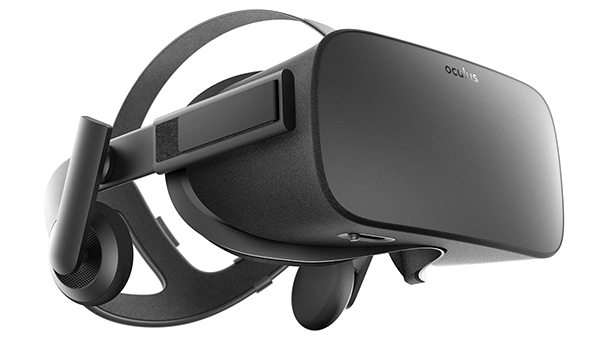
Can you believe the best part of six years have passed since Oculus arrived on the virtual reality scene? Since then VR has been the buzzword to dominate practically every tech trade show, with manufacturers big and small eager to dip their toes into what promised to be a profitable new dimension.
But the buzz seems to have settled and it feels like we've been talking about the potential of virtual reality for quite some time. At which point do we step back and wonder, is VR really the way forward or is the tech destined to follow in the footsteps of 3D?
Headsets are now more readily available than ever before, so whether you've tried the technology or not, let us ask: do you think virtual reality is a fad? We're intrigued to know where you stand so let your feelings be known using the comments facility below.













